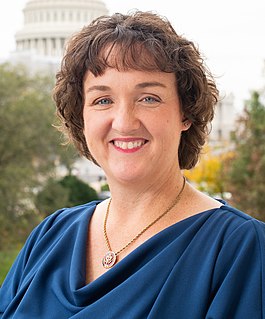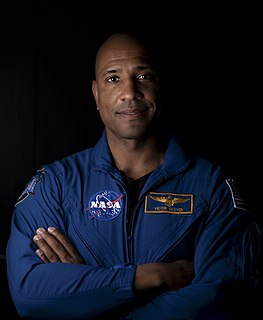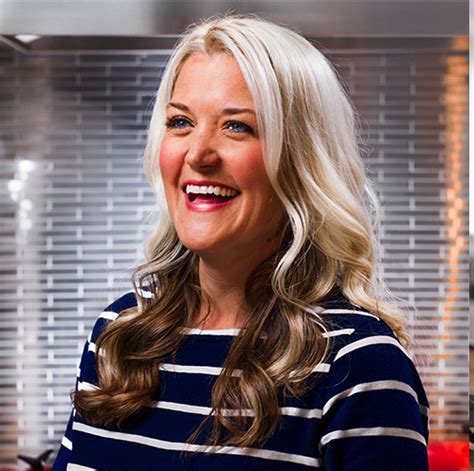A Quote by Margaret Atwood
The future of narrative? Built in, part of the human template. Not going away.
Related Quotes
The future of narrative? Built in, part of the human template. Not going away. The future of the codex book, with pages and so forth? A platform for transmitting narratives. There are others. The scroll is coming back (Twitter is a scroll.) Short forms are returning online. Interactivity is coming back; it was always there in oral storytelling. Each form has its pluses and its minuses.
I worked very hard to try and figure out what I thought and I believed that we were going to succeed and that revolutions would happen globally and we would be a part of that and we would have then not capitalism. We would have values based on human lives, not profit. We would actually transform the kinds of ways people built love and built community. It was a very shocking thing to me, out of the end of the 70s and the beginning of the 80s, to realize that that dream - while I still believed in it - was not going to happen in the way that I had hoped.
All the evidence of history suggests that man is indeed a rational animal, but with a near infinite capacity for folly. . . . He draws blueprints for Utopia, but never quite gets it built. In the end he plugs away obstinately with the only building material really ever at hand--his own part comic, part tragic, part cussed, but part glorious nature.




































